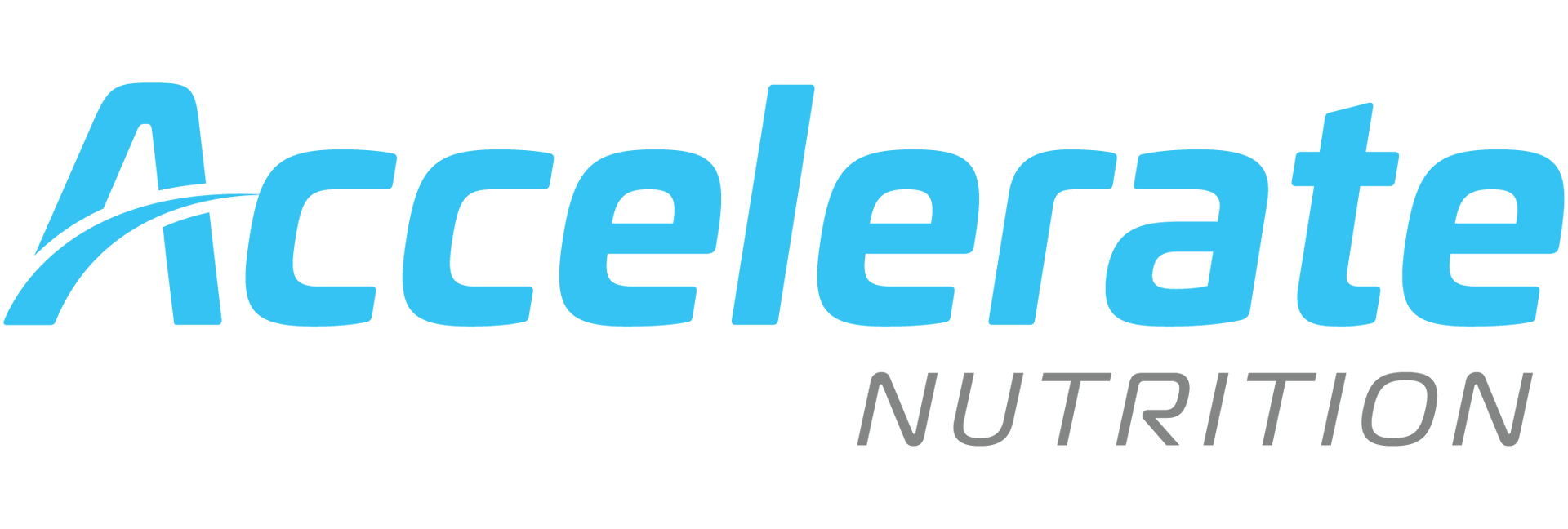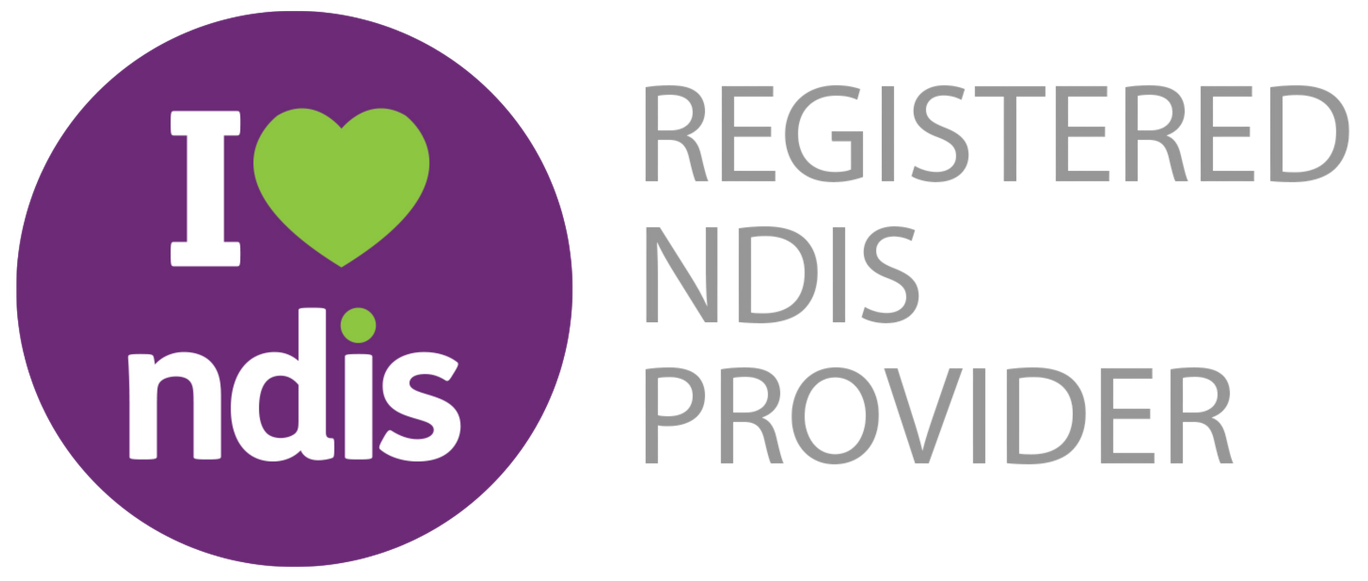Managing Diabetes, High Cholesterol Or Fatty Liver Without Giving Up Everything
Myth 1: You Have To Give Up All Carbs Forever
Carbs have a bad reputation. But not all carbs are created equal - and you don’t need to fear them.
The idea that people with diabetes or liver conditions must avoid all carbs is outdated and unhelpful.
Here’s the truth: your body needs carbs. The key is in the type, quantity and timing. T
hink of your meals like a team. When carbs show up with protein, fibre and healthy fats, they release energy more slowly.
That’s better for blood sugar and gives your body something it can work with.
Carbs Aren’t The Enemy - Let’s Get Real About Bread And Pasta
Cutting out every slice of bread or piece of fruit can backfire. It can lead to low energy, mood swings, and even binge eating.
What works better? Having support to figure out which carbs feel good in your body - and how to space them through the day.
It’s kind of like budgeting. You don’t have to quit spending. You just need to know where your energy is going and make it work for you.
And yes - that can still include pasta, rice, or warm toast with peanut butter. It’s about making it work with your goals, not stripping everything out.
Myth 2: You Can’t Eat Fat If You Have Fatty Liver Or High Cholesterol
This one sounds logical - but it’s not that simple. Fat isn’t the enemy.
Your body actually needs fats for hormone balance, brain function, and energy.
What matters most is the type of fat and how it fits into your overall meals.
The right kinds of fats - like those in olive oil, nuts, seeds and oily fish - can support your health.
They can even lower bad cholesterol when used instead of processed fats.
If you’ve been scared to cook with oil, eat avo, or snack on almonds, take a breath. Those foods can be part of your plan.
The goal isn’t to go fat-free. The goal is to create meals that give your liver and heart the support they need - without stripping the joy from food.
Myth 3: You Must Lose Weight Fast To Fix Your Health
The pressure to lose weight quickly can lead to crash diets, shame, and stress.
Your body doesn’t need to shrink fast. It needs support that sticks.
Focusing on small, steady changes - like stabilising meals, adding movement, and getting enough sleep - often leads to better results than any drastic plan.
Plus, it’s safer and kinder to your body.
The Truth About Managing These Conditions
Here’s what actually helps:
- Eating regularly - not skipping meals or waiting until you crash
- Building balanced plates that include carbs, protein, fats and fibre
- Finding meals that work for your taste and energy levels
- Drinking enough water and keeping alcohol intake low
- Moving your body gently and often - even a walk after meals helps
- Getting support from someone who sees the full picture, not just your numbers
Managing your health doesn’t mean punishing your body.
It means learning what helps you feel steadier and more in control. It means tuning in, not cutting out.
You don’t have to do it alone, and you don’t have to give up everything.
In fact, some of the best results come when you
add things in - like rest, routine, and foods you enjoy that work
with your body.
Change Doesn’t Mean Clearing Out Your Pantry Overnight
You also don’t need to go through your cupboards and bin everything.
Real change doesn’t come from panic-purging your pantry.
It comes from looking at what’s already working - and building on that.
A bowl of oats, a few almonds, a spoonful of yoghurt - simple things, done often, can do more than any cleanse or detox ever will.
And here’s something else: your plan should fit your life, not the other way around.
If you’re supporting a loved one, juggling appointments, or dealing with fatigue, you need strategies that feel possible. Not perfect. Possible.
That might mean:
- Using frozen veg because it’s easier on your body
- Planning snacks that don’t need prep
- Choosing supermarket swaps that don’t break the budget
- Saying no to advice that doesn’t work for your routine
This is about finding food routines that bring ease - not extra pressure.
You Don’t Have To Do This Alone
A lot of people feel like they’ve failed before they’ve even started.
Like there’s too much to fix. Like they’ve “let themselves go.”
But here’s what’s real: your body hasn’t given up on you.
It’s just asking for a new kind of care. A quieter kind. A softer kind.
Support looks different for everyone. It might be a 20-minute check-in.
It might be a meal plan that includes your cultural foods.
It might be setting up systems so you don’t have to think about food when you’re low on energy.
Whatever it is - it should fit
you. And you should feel seen in the process.

Still Not Sure? That’s Completely Fine
You don’t need to have all the answers right now.
If you’re thinking about it, that’s a start.
If you’re not sure what support would even look like, we’re happy to talk it through.
You can reach out, ask a question, or book a no-pressure first chat.
Whether it turns into something or not - you’ve taken a step.
And that counts for something. Let’s start where you are, and go from there.






